Festivals in Cuba, a vibrant and culturally rich island nation in the Caribbean, boasts a diverse tapestry of festivals and holidays that reflect its history, revolutionary spirit, and the fusion of African, Spanish, and indigenous Taino influences. These celebrations play a crucial role in shaping the cultural identity of Cuba, providing a unique lens through which to understand the island’s complex and dynamic heritage. In this exploration, we will delve into some of the most relevant festivals and holidays in Cuba, examining their historical origins, cultural significance, and the ways in which they contribute to the nation’s identity.
1. Carnaval de Santiago de Cuba – July
Carnaval de Santiago de Cuba stands out as one of the most vibrant and exuberant celebrations on the island. Held annually in July, it is a fusion of African and Spanish influences, featuring colorful parades, lively music, and energetic dance performances. Santiago de Cuba, known as the “Cradle of the Revolution,” provides a fitting backdrop for this lively celebration.
The carnival’s roots date back to the 17th century, and it has evolved over the years, incorporating elements of Afro-Cuban religions, such as Santería. The festivities include processions with large floats, traditional conga music, and elaborate costumes. Carnaval de Santiago de Cuba serves as a testament to the island’s cultural diversity and is a lively expression of community spirit and pride.
2. Día de la Revolución – January 1st
Día de la Revolución, or Revolution Day, is a significant national holiday in Cuba celebrated on January 1st. It commemorates the victory of the Cuban Revolution led by Fidel Castro and his revolutionary forces in 1959. On this day, Cubans mark the overthrow of the Batista regime, which had been in power for decades.
The celebrations include military parades, speeches, and various cultural events across the country. Plaza de la Revolución in Havana becomes a focal point for commemorations, with large gatherings to honor the revolutionary leaders. Día de la Revolución is a moment of reflection on Cuba’s revolutionary history and the enduring legacy of the leaders who shaped the nation’s destiny.
3. Cuban Independence Day – May 20th
Cuban Independence Day is observed on May 20th, commemorating the establishment of the Republic of Cuba in 1902. It marks the end of Cuba’s status as a U.S. protectorate following the Spanish-American War. The day is significant in Cuba’s history as it symbolizes the country’s emergence as an independent nation.
While the celebration may not be as prominent as some other holidays, it holds historical importance. Cubans may engage in community events, parades, and patriotic gatherings to reflect on the country’s journey to sovereignty.
4. Día de los Trabajadores – May 1st
Día de los Trabajadores, or Workers’ Day, is celebrated on May 1st and is a global observance of the labor movement. In Cuba, it is a national holiday that recognizes the contributions of workers to the country’s development. The day involves parades, rallies, and cultural events that highlight the importance of labor and solidarity.
Cubans come together to celebrate achievements in workers’ rights and to reaffirm the socialist principles that underpin the Cuban Revolution. The celebration reflects Cuba’s commitment to social justice and the well-being of its workforce.
5. Cuban Carnival – Various Dates
The Cuban Carnival is a series of celebrations that take place across the island, with each region putting its unique spin on the festivities. While Santiago de Cuba’s Carnaval is perhaps the most famous, other cities, including Havana and Matanzas, also host their own carnival events at different times of the year.
Cuban Carnival is characterized by vibrant street parades, traditional music, dance, and colorful costumes. The celebrations often include the crowning of a carnival queen and competitions for the best floats and costumes. The Cuban Carnival is a dynamic expression of the island’s cultural diversity and the enduring influence of Afro-Cuban traditions.
6. Festival del Caribe – July
The Festival del Caribe, also known as the Caribbean Festival, is an annual event held in Santiago de Cuba in July. It brings together performers, artists, and cultural enthusiasts from across the Caribbean to celebrate the region’s diverse cultures and traditions.
The festival showcases music, dance, art, and culinary delights from various Caribbean nations. It provides a platform for cultural exchange and collaboration, fostering a sense of unity among Caribbean nations. The Festival del Caribe highlights Cuba’s role as a cultural hub in the Caribbean and its commitment to preserving and promoting regional traditions.
7. Havana Film Festival – December
The Havana Film Festival is an annual event that takes place in December, attracting filmmakers, actors, and cinephiles from around the world. The festival showcases a diverse selection of films, including Cuban and international productions, and serves as a platform for cultural exchange and dialogue.
The event contributes to the promotion of Cuban cinema and provides a space for filmmakers to share their perspectives and stories. The Havana Film Festival reflects Cuba’s engagement with the global film industry and its commitment to the arts as a means of cultural expression.
8. Fiesta del Fuego – July
The Fiesta del Fuego, or Fire Festival, is an annual celebration held in Santiago de Cuba in July. The festival is dedicated to the preservation and promotion of Afro-Cuban traditions and features vibrant displays of music, dance, and religious ceremonies.
Fiesta del Fuego brings together practitioners of Santería, Palo Monte, and other Afro-Cuban religions, creating a dynamic and culturally rich atmosphere. The event underscores the importance of preserving the island’s African heritage and celebrating the contributions of Afro-Cuban communities.
9. National Rebellion Day – July 26th
National Rebellion Day is observed on July 26th, commemorating the attack on the Moncada Barracks in 1953, a pivotal event in the lead-up to the Cuban Revolution. Led by Fidel Castro, the failed attack marked the beginning of the revolutionary struggle against the Batista regime.
The day is marked by official events, speeches, and parades. It serves as a reminder of the sacrifices made by revolutionaries and the continued commitment to the principles of the Cuban Revolution. National Rebellion Day is a testament to Cuba’s revolutionary spirit and its ongoing pursuit of social justice.
10. Las Parrandas de Remedios – December
Las Parrandas de Remedios is a festive tradition celebrated in the town of Remedios in December. The tradition dates back to the 19th century and involves friendly competition between two neighborhoods, San Salvador and El Carmen.
The festivities include elaborate decorations, processions, and music, culminating in a vibrant display of fireworks. Las Parrandas de Remedios is a lively and communal celebration that brings residents together to showcase their creativity and pride in their neighborhoods.
Conclusion
Cuba’s festivals and holidays offer a window into the heart and soul of the island, reflecting its revolutionary history, cultural diversity, and the enduring spirit of its people. From the lively Carnaval de Santiago de Cuba to the historical significance of Día de la Revolución and National Rebellion Day, each celebration contributes to the cultural tapestry of Cuba.
These festivals are not just occasions for revelry; they are expressions of Cuba’s resilience, creativity, and commitment to preserving its unique identity. Whether through colorful parades, musical performances, or film festivals, Cubans come together to celebrate their history, culture, and shared values.
Moreover, these celebrations serve as a bridge between Cuba and the world, fostering cultural exchange and dialogue. The Havana Film Festival and the Festival del Caribe, in particular, showcase Cuba’s engagement with global artistic and cultural currents.
As Cuba continues to navigate its path through history and change, these festivals will undoubtedly remain integral to the fabric of the nation. They provide a space for both Cubans and visitors to engage with the cultural richness of the island, experiencing the traditions, stories, and collective spirit that define this captivating Caribbean nation.


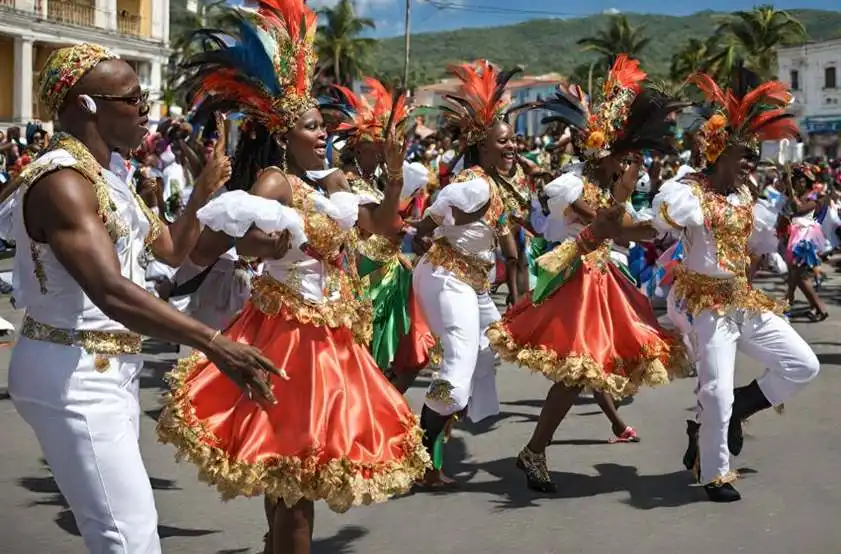
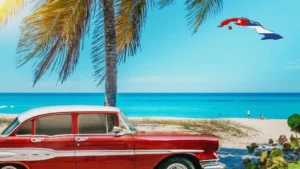
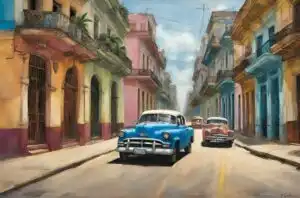
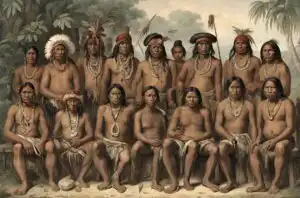

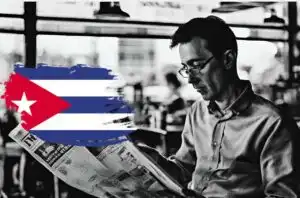
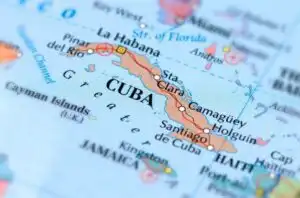
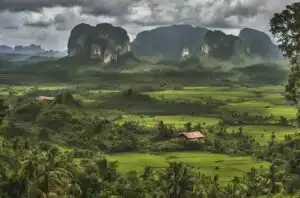
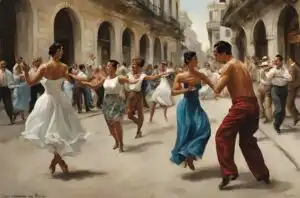

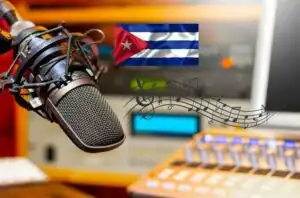
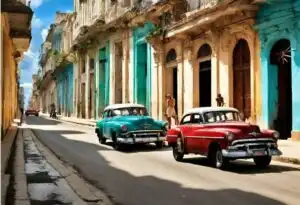
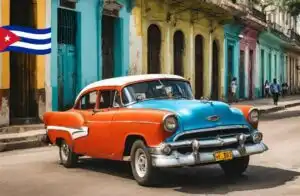
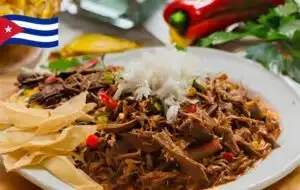

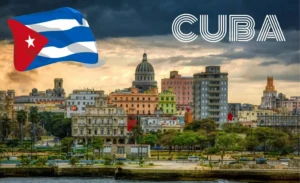
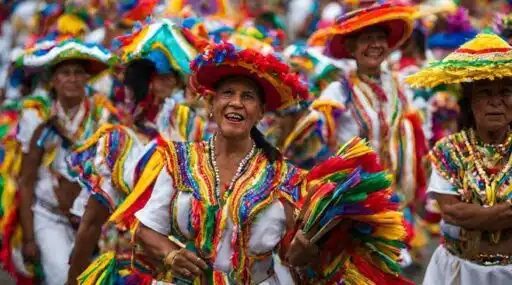
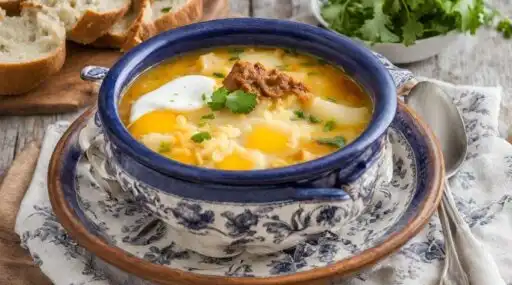
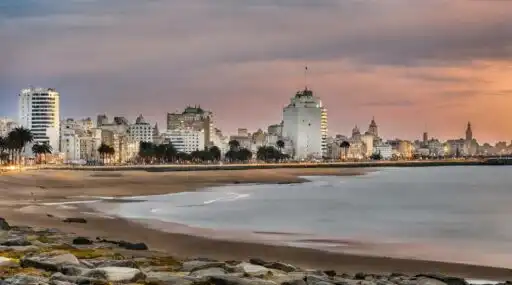


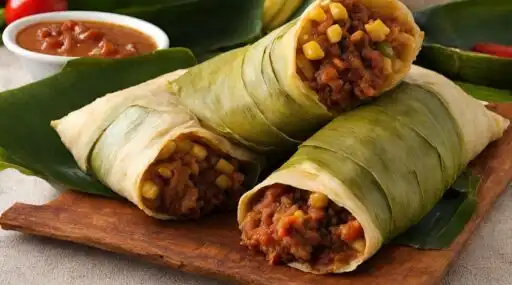
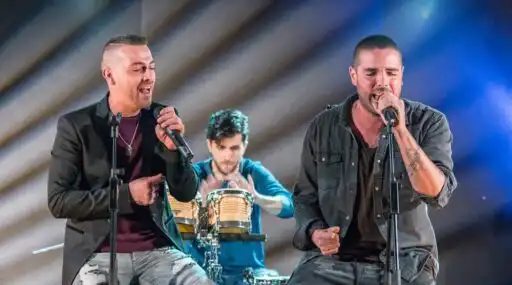
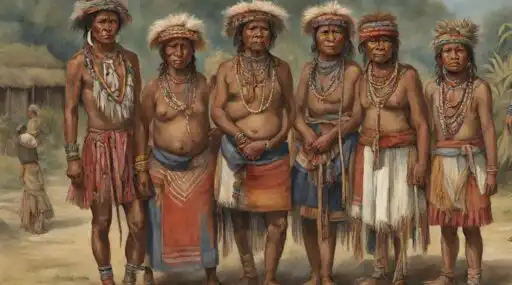
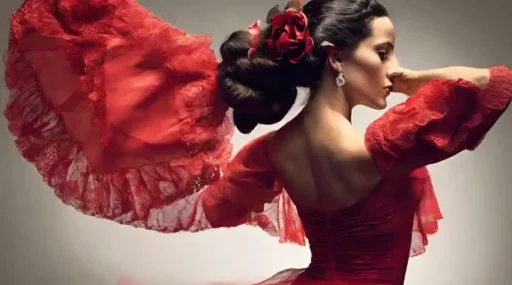

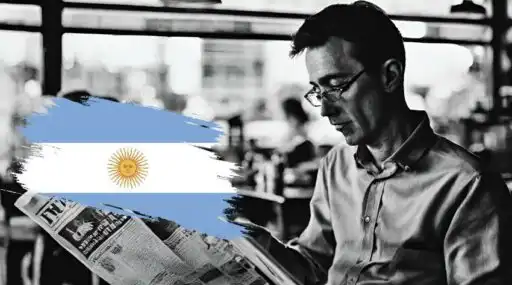

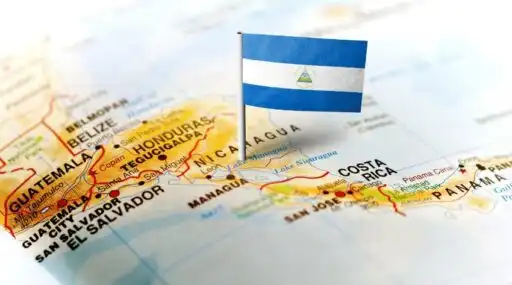
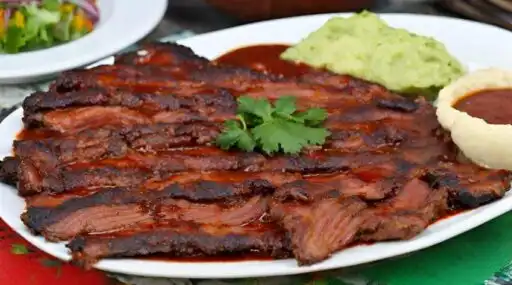
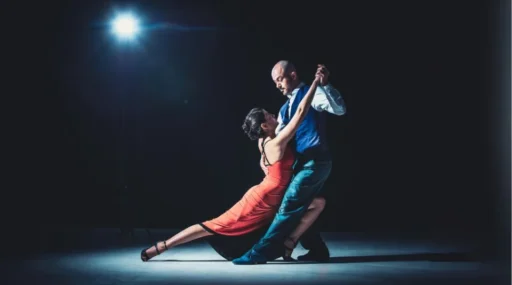
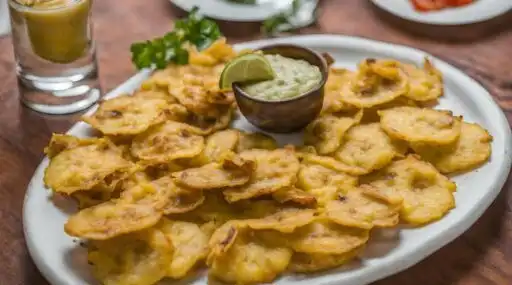
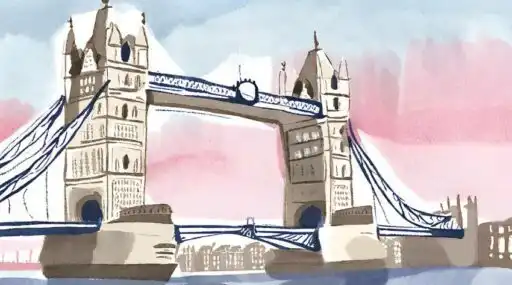

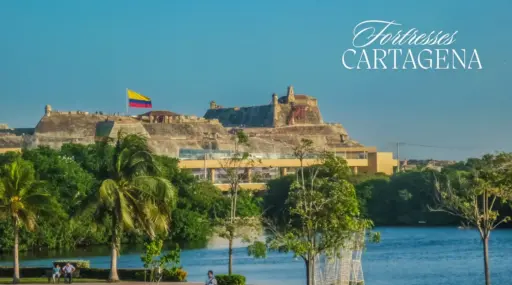
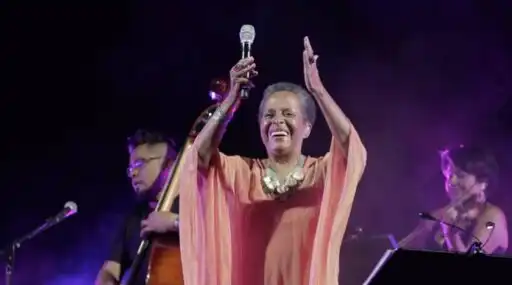
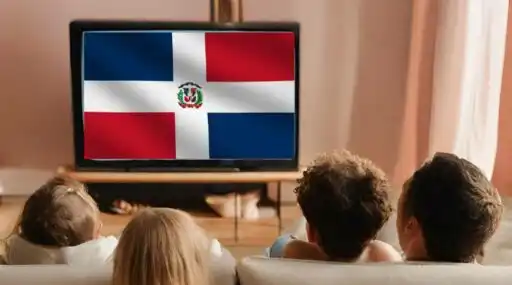

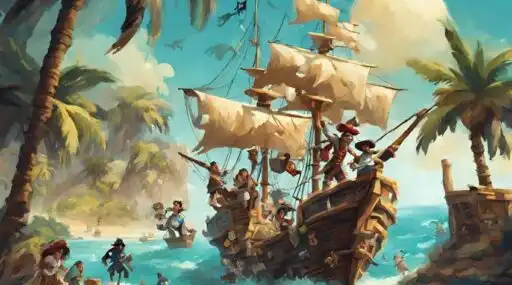
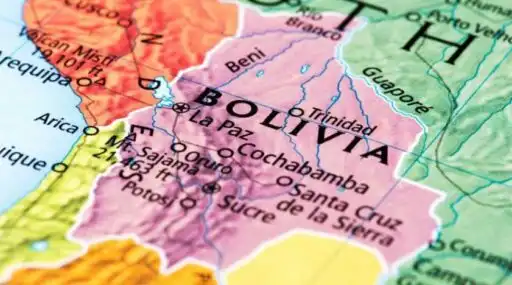

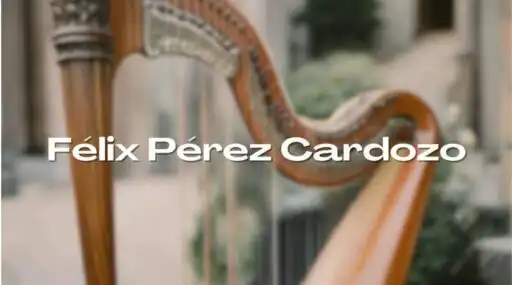
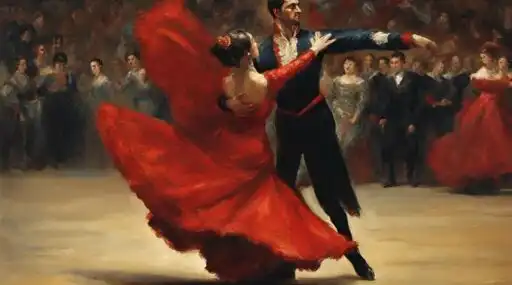


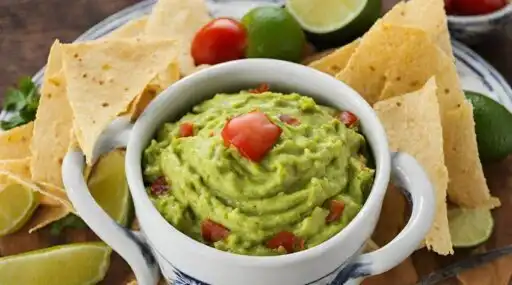
Leave a Reply